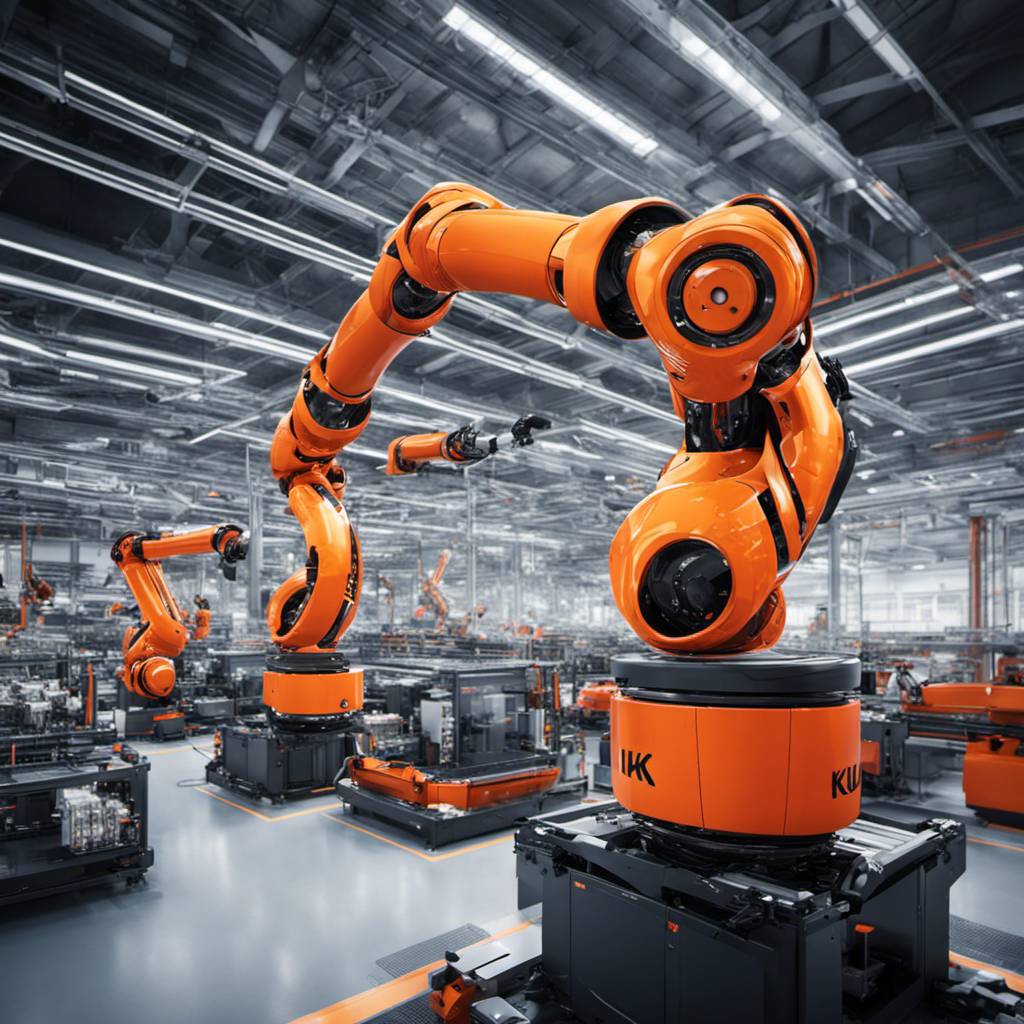In a bid to enhance its advanced composite manufacturing operations, Carbon ThreeSixty (CTS), a frontrunner in composite technology innovation, has recently installed a state-of-the-art robot cell. The new robotic system, a six-axis Kuka KR240, is designed to handle a diverse array of composite materials and processes, thereby significantly enhancing CTS’s manufacturing capacity at its Chippenham, UK facility.
The winding cell is capable of processing materials in various formats such as dry tow, wet wind, and pre-impregnated. It can accommodate parts up to 1.2 m in diameter and 3.5 m in length, making it ideal for products like hydrogen storage units, transmission shafts, and electric motors. The robot will play a crucial role in both filament winding and the development of future manufacturing automation processes across CTS’s expansive product portfolio.
Depending on specific requirements, parts can either be mounted on an independent spindle frame or placed directly on the robot arm. The robot is capable of processing up to four tows simultaneously, ranging from 3 to 50 K.
In addition to the robotic installation, CTS has also invested in specialist software to supplement its already comprehensive suite of composite design and manufacturing tools. The company believes that accurately predicting the behavior of intricate composite structures is a fundamental capability.
Through detailed simulation, the engineering team can quickly develop new products and processes, which will pave the way for further company growth. Altair Hyperworks, a renowned software solution for complex composite modeling, enables CTS to collaborate with various companies on product design, modeling, and finite element analysis (FEA). This ensures that the structures designed are thoroughly understood before manufacture and physical testing.
The team is progressively enhancing its ability to integrate Hyperworks simulation with different manufacturing techniques, such as tailored fiber placement in conjunction with resin transfer and compression molding.
Goncalo Valente, CTS Lead Stress Engineer, emphasized the importance of having cutting-edge tools for studying composite structures. He said, “The full suite of Altair products enables CTS to transition from concept design to detailed product development on both the implicit level and complex dynamic problems with the Optistruct and Radioss solvers.”
He further stated that the high demand for highly optimized structures necessitates CTS to understand the product down to the fiber tow level. This involves linking Altair Hyperworks with EDOstructure and EDOPath and determining the tow path based on stress tensors while exploring all the benefits of tailored fiber placement.
As a turnkey provider, CTS handles the design, development, and manufacture of challenging advanced composite structures. The company operates in various sectors including aerospace, automotive, energy, and defense. It specializes in resin transfer molding processes and innovative preforming techniques such as tailored fiber placement, which results in optimized, cost-effective structures.
This recent development reflects CTS’s commitment to staying at the forefront of technology and innovation. By integrating robotics and advanced programming languages into their operations, they are setting a new standard for efficiency and precision in the electronics industry. With this move, CTS continues to demonstrate its dedication to providing high-quality products and services to its clients.
